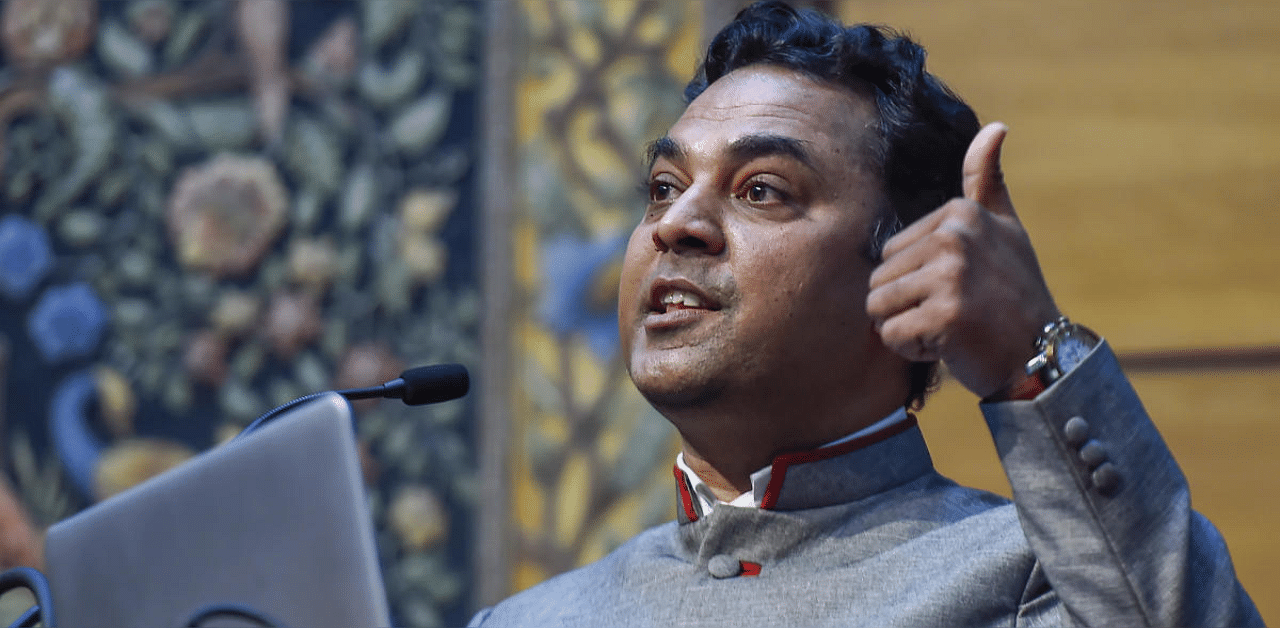
The Economic Survey for 2020-21, tabled in the Lok Sabha by Finance Minister Nirmala Sitaraman, has made some debatable statements but also provided some broad hints about the directions the Union Budget might follow.
After an estimated 7.7% contraction of the economy in the current year, the Survey projects real GDP to record an 11% growth in 2021-22. The nominal GDP growth may be 15.4%, implying a 4.4% inflation during the year.
These figures are not based on fully verifiable data, and different estimates are available. The growth rate of the current year may only be of academic interest, but the projection for the coming year may be considered ambitious. In any case, the growth will be on a low base and so the impact will be different from growth of the same magnitude in a normal year. The self-congratulatory statement about the fight against Covid-19 and the effect of the lockdown may be another matter of debate.
The Survey expects the government to continue with an expansionary fiscal stance which "allows space for maintaining a fiscal impulse’’. It indicates more borrowing and fiscal spending and bigger public expenditure, which will increase demand and consumption.
The fiscal deficit will be very high but indications from the Survey are that this will be financed by borrowing and not by higher taxation, though recovery will facilitate higher tax revenues. Repayment obligations may not present a big problem as long as growth is high. The Survey says this will generate and increase the resources available for development. However, a real GDP growth rate of 2.4% over the 2019-20 level means that the economy would take two years to reach and go past the pre-pandemic level.
The Survey has proposed a privatisation push and a review of the banking sector asset quality. For the pandemic affected divestment plans for the current year, it says the government should embark on a significant privatisation exercise of Central public sector enterprises and speed up big ticket strategic sales.
Disinvestment plans have not always worked well, and when too many sale offers are made in a short time, the market may not be able to absorb them, and the government may not get the right price. Banks will have to contend with a serious problem of bad loans in the coming months when the moratorium on debt service ends.
While keeping the bank finances steady, ensuring adequate credit flow into the economy will be a major challenge. With all the challenges, the Survey presents a rosy picture of the future. The question is whether the budget to be presented on Monday will give a clear road map for that.